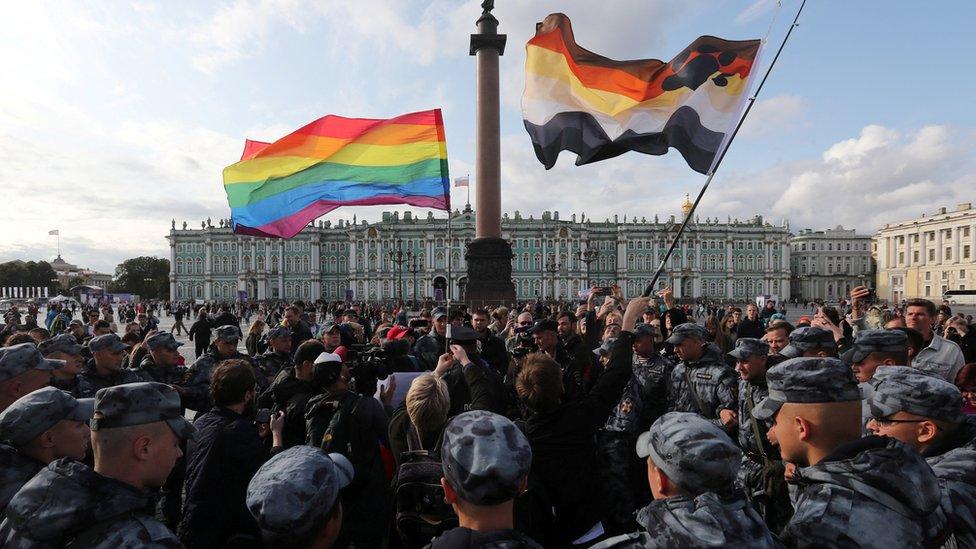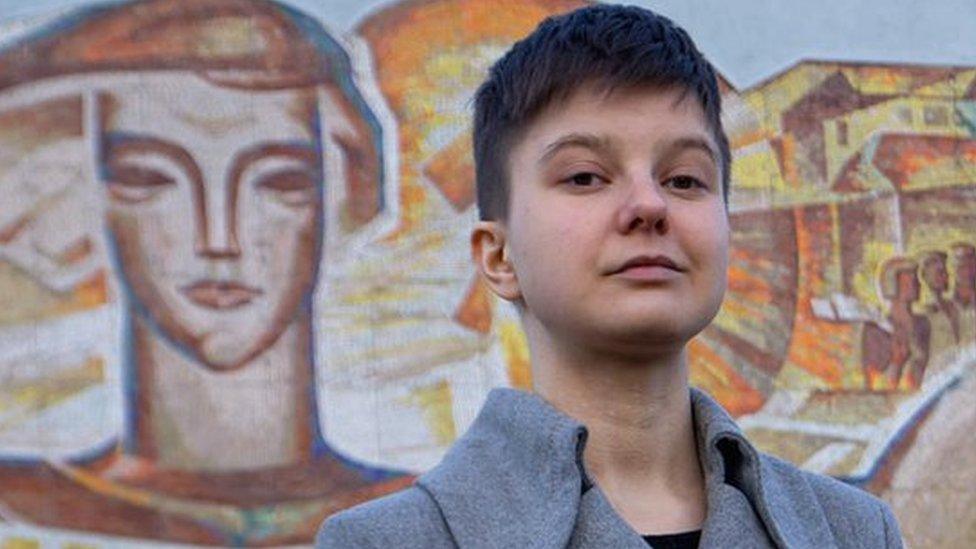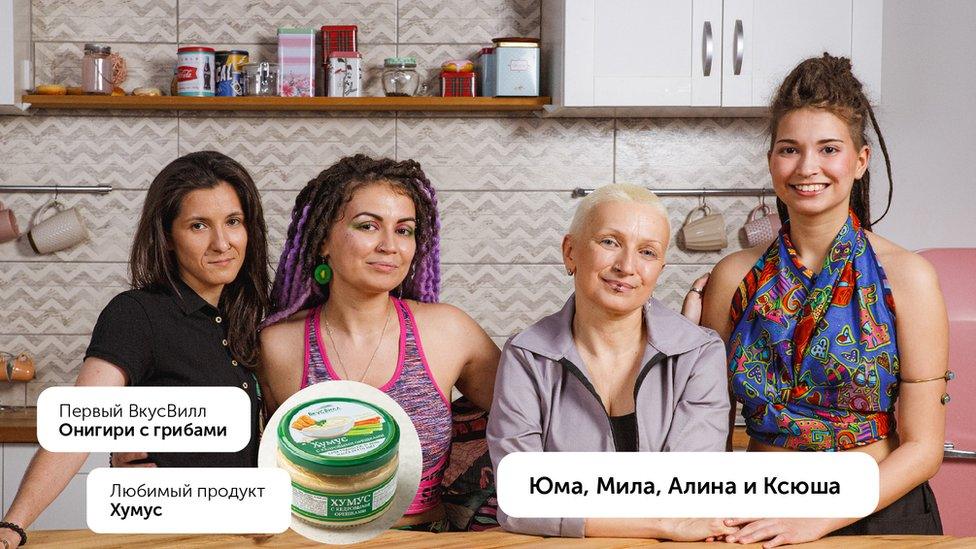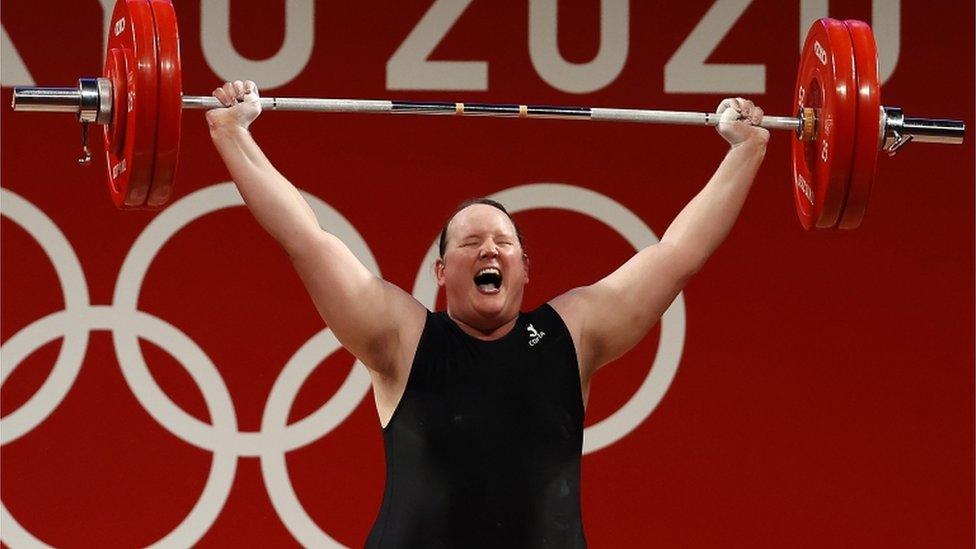Russia to ban sharing LGBT 'propaganda' with adults as well as children
- Published

The controversial Russian ban against promoting so-called "gay propaganda" looks set to be extended to all adults.
The move represents a toughening of an existing 2013 law, which makes providing information about being LGBT to children a criminal offence.
Those convicted face large fines for promoting what Russia calls "non-traditional sexual relations".
The initial approval of the extension was voted through by the Russian State Duma unanimously.
Earlier this week, officials had urged politicians in Russia's lower house of parliament to enact the extension - portraying it as part of a broader battle over civilisational values with the West and linking it to the decision to invade Ukraine.
Under the proposal, information about "non-traditional lifestyles" or "the rejection of family values" would be considered legally the same as pornography, the promotion of violence, or stoking racial, ethnic and religious tensions.
It also bans the "propaganda of paedophilia" - which the Russian government often conflates with being gay.
Another element of the extensions prohibits information which might "cause minors to desire to change their sex", a reference to transgender people.
If enacted, the law would allow any information on the internet discussing LGBT topics to be blocked and films deemed to contain positive depictions of being gay to be banned.
Human rights campaigners and LGBT groups say the extension means that any act or public mention of same-sex couples is functionally being criminalised.
The wide-ranging ban also extends to advertising and books - both non-fiction and literature - raising censorship concerns from publishers, who have warned of the risk that it could even affect classics of Russian literature.
The law sets out fines of between 50,000 roubles (£705; $815) and 400,000 roubles, while non-Russians who violate the ban face expulsion from the country.
The bill has broad support but will first be approved by the upper house of the Russian parliament, the Federation Council, before it is ratified by President Vladimir Putin.
On Monday, politicians in the Duma heard claims from one of the law's key backers that the information about LGBT people being shared with Russians was part of a "hybrid war" being waged by the West against the country.
Alexander Khinshtein, the head of the parliament's information committee, said Russians soldiers fighting as part of the invasion of Ukraine were there to protect traditional Christian values.
But he saved some of his most trenchant criticism of the West for railing against the cartoons South Park and Peppa Pig.
He presented his colleagues with screenshots of the TV programmes that he claimed were part of a war being "waged against our society", directing his ire at the episode of Peppa Pig in which Penny the Polar Bear appears with two mothers as a particularly egregious example of this so-called propaganda.
Khinshtein, an MP from Mr Putin's United Russia Party, told the Duma that the "special operation" - what the Russian government insists on calling its war in Ukraine - is happening "not only on the battlefield, but also in the minds and souls of people".
His rhetoric follows that of the Russian president, who has made being anti-gay a cornerstone of his domestic agenda and authoritarian rule.
In speech annexing four Ukrainian territories last month, Mr Putin ranted about families with a "parent number one and a parent number two" - in what has been interpreted as a criticism of same-sex families.
The head of Russia's Orthodox Church, Patriarch Kirill, has also backed the new legislation. He has portrayed Russia's war in Ukraine as a battle between those who support pro-Western gay pride events, and those who reject them.
Related topics
- Published15 July 2022

- Published6 August 2021

- Published4 August 2021
